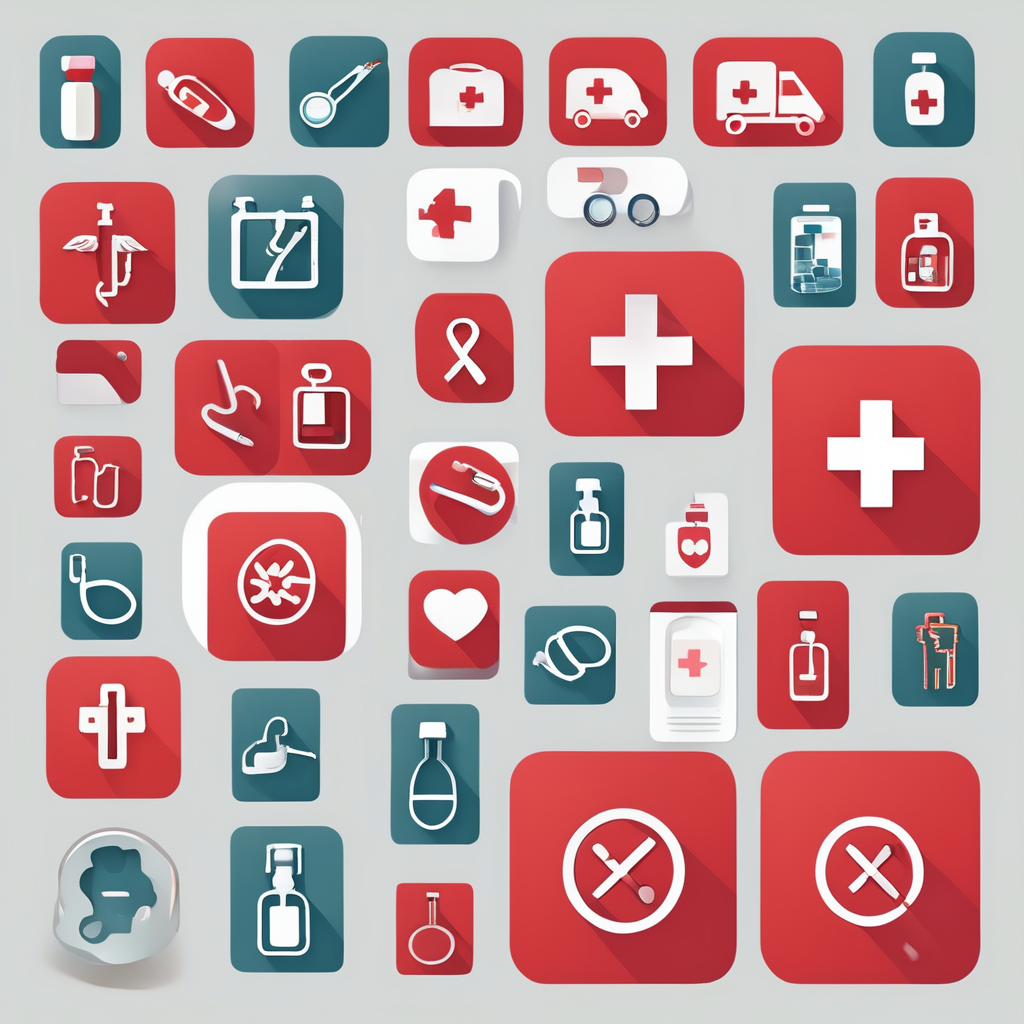Navigating the NHS: Key First Steps
Understanding NHS basics is essential for accessing healthcare smoothly in the UK. At the heart of the NHS system is GP registration, which acts as your gateway to primary care services. The NHS operates a structured primary care system where your registered GP is responsible for your general health needs and referrals to specialists when required.
To register with a GP, you must first identify a local practice accepting new patients in your area. Usually, registration involves completing a form and providing essential documents verifying your identity and address. Commonly accepted documents include passports, proof of address like utility bills, or tenancy agreements. Eligibility typically requires residency in the UK, but services are broadly accessible regardless of immigration status.
Additional reading : How can the UK improve healthcare outcomes for minorities?
Once registered, you can access a full range of NHS services, including general consultations, vaccinations, and health advice. Registering with a GP is often the first step to effective UK healthcare access, allowing you to benefit fully from NHS care. Remember, your GP registration enables timely health support and is the cornerstone for navigating NHS services efficiently.
Booking and Managing Healthcare Appointments
Booking NHS appointments is a crucial part of accessing UK healthcare efficiently. Most GP appointment bookings can be done through multiple channels: the NHS online services portal, dedicated NHS apps, or by phone. Each method allows patients to schedule or cancel appointments, manage repeat prescriptions, and access health records conveniently.
Also to read : How Can the UK Improve Its Healthcare System to Meet Future Demands?
To book a GP appointment, start by logging into your chosen NHS online account or app. Select your preferred date, time, and type of appointment, such as face-to-face or telephone consultation. If you prefer, calling your GP practice directly is also effective, especially for urgent or same-day needs. Keep in mind that appointment availability varies by practice and demand, so booking early is advisable.
Appointment management includes arriving on time, informing the practice if you cannot attend, and understanding typical wait times. NHS guidelines encourage patients to respect allocated slots, as this helps keep services running smoothly for everyone. Wait times depend on the nature of the healthcare need—routine check-ups tend to have longer waits compared to urgent consultations.
Using NHS online services not only simplifies booking but also supports patients in keeping track of their healthcare proactively and responsibly, enhancing the overall experience within the NHS system.
Understanding Referrals, Emergency, and Routine Care
Navigating NHS referrals is key to accessing specialist treatment beyond your GP’s scope. When a GP deems specialist care necessary, they provide a formal referral. This referral directs you to appropriate services, ensuring your care is coordinated within the NHS system. Referrals help streamline the process and avoid unnecessary delays.
Understanding the difference between emergency care, A&E, urgent, and routine care is crucial for appropriate access. A&E (Accident and Emergency) is reserved for life-threatening or serious conditions needing immediate attention. For less severe but urgent issues, NHS 111 offers 24/7 advice and can direct you to the right care, including out-of-hours services.
Routine healthcare covers non-urgent medical needs, such as regular check-ups and management of chronic conditions. These are typically accessed via your GP appointment booking system and do not require emergency intervention.
Using services like NHS 111 before visiting A&E can save time and ensure you receive the correct level of care promptly. This decision-making process supports NHS efficiency and helps patients receive targeted, effective healthcare aligned with their needs. Understanding these pathways empowers patients to make informed UK healthcare access choices confidently.
Navigating the NHS: Key First Steps
Understanding NHS basics requires knowing how the system is structured around primary care, with GP registration serving as your entry point. The NHS is designed so every patient registers with a local GP practice, which manages most healthcare needs and coordinates specialist referrals. This ensures continuity and easy access to care.
To register for NHS registration, first identify a nearby GP practice that accepts new patients, often found via local NHS websites or practice inquiries. You need to complete a registration form—usually the GMS1—and provide proof of identity and UK residence. Essential documents include passports, driving licenses, or biometric residence permits, plus proof of address such as utility bills or tenancy agreements. Eligibility for NHS registration mostly depends on residency but not immigration status, meaning most people living in the UK can register.
Once registered, your GP acts as the main point for UK healthcare access, scheduling appointments and coordinating care efficiently. This foundational step ensures you receive timely, comprehensive NHS services. Missing out on GP registration can delay important healthcare access, so it’s critical to complete this process promptly after arriving or moving within the UK.
Booking and Managing Healthcare Appointments
Booking NHS appointments is straightforward thanks to multiple accessible channels. You can schedule a GP appointment booking via the NHS online services portal, mobile NHS apps, or by telephone. These tools empower patients to book, change, or cancel appointments efficiently without needing to visit the surgery in person. For example, the NHS app allows you to view available slots, select appointment types (face-to-face or teleconsultation), and manage prescriptions all in one place.
Understanding appointment management means knowing when and how to book, plus respecting NHS guidelines on punctuality and cancellations. Booking early is advisable, as popular time slots fill quickly, especially for routine check-ups. In urgent cases, calling the practice directly can secure faster access.
Wait times for NHS appointments vary: routine visits may involve a wait of days to weeks, whereas urgent issues can be addressed much sooner. Being mindful of no-shows and informing your GP if you cannot attend helps the NHS run smoothly and ensures fair access for all. Using digital services like NHS apps reduces administrative burden and keeps patients connected to their healthcare providers effortlessly, improving overall UK healthcare access experience.
Navigating the NHS: Key First Steps
To access UK healthcare effectively, understanding NHS basics is vital. The NHS operates a structured system centered on primary care, with GP registration as its cornerstone. Every individual must complete NHS registration by enrolling at a local GP practice, which becomes the primary point for managing health and coordinating specialist referrals.
To begin, identify a GP practice accepting new patients in your area, often using local NHS directories. The process involves filling out a registration form, typically the GMS1, and submitting essential documents confirming identity and residency. Key documents for NHS registration include passports, biometric residence permits, driving licenses, and proof of address like utility bills or tenancy agreements. Importantly, NHS registration eligibility hinges mainly on UK residency rather than immigration status, allowing broad access to UK healthcare.
Once registered, your GP facilitates timely healthcare, from routine check-ups to urgent consultations. Early GP registration ensures you are linked into the NHS system swiftly, preventing delays in medical care. Understanding these fundamental steps equips patients to navigate NHS services confidently and access comprehensive healthcare in the UK.

